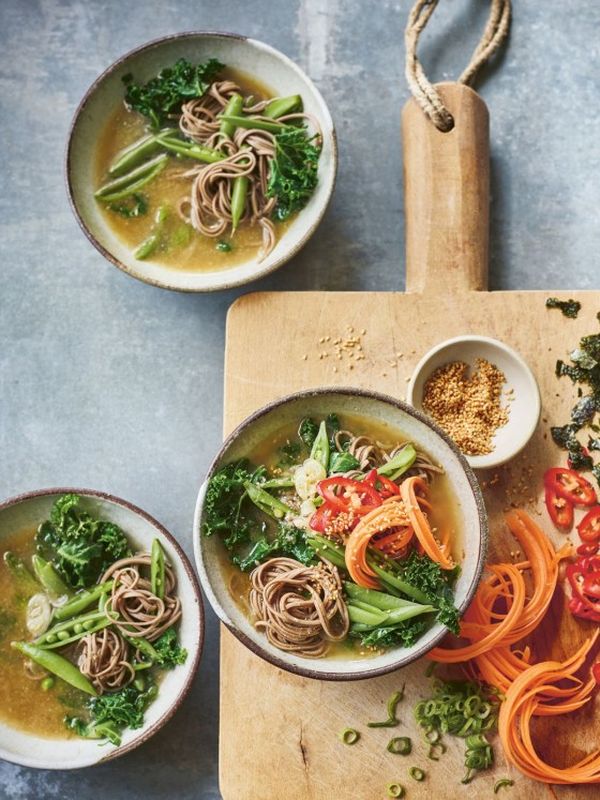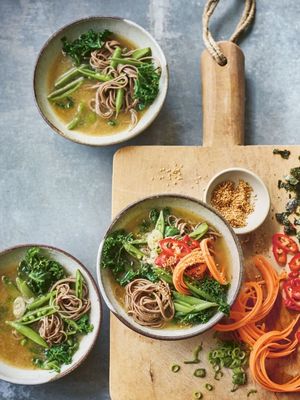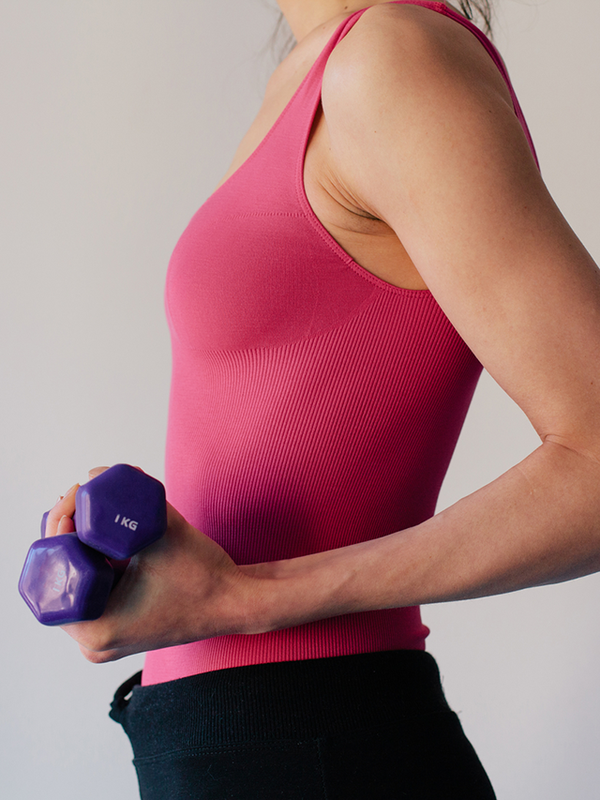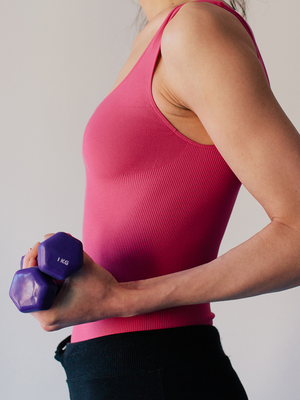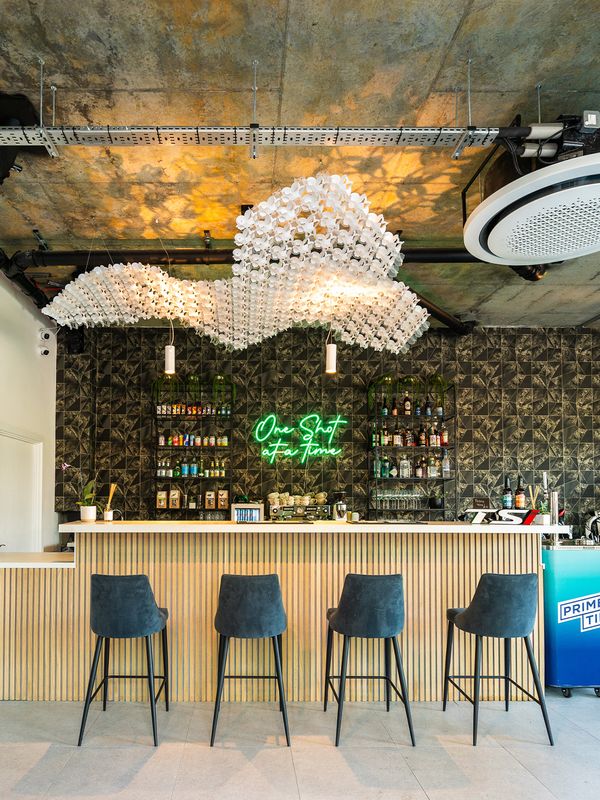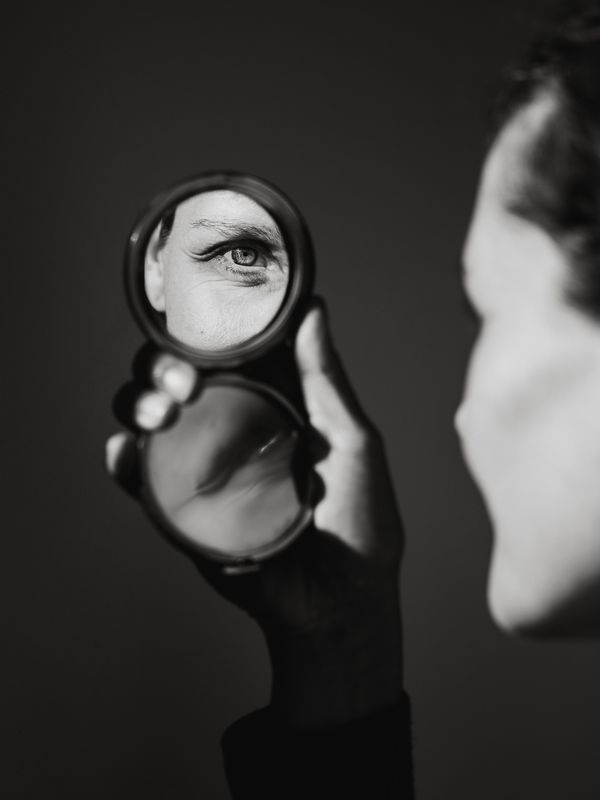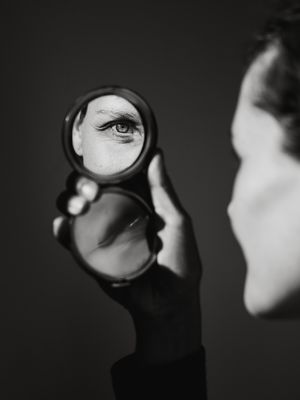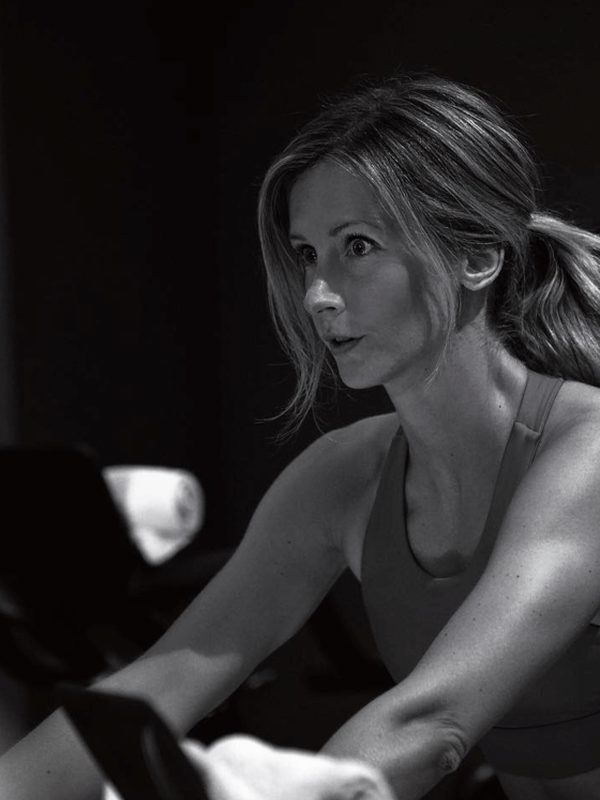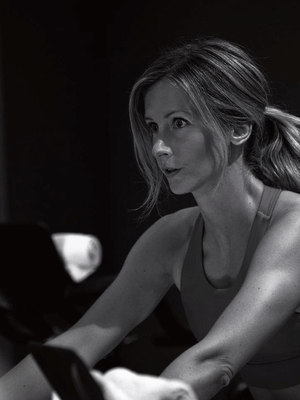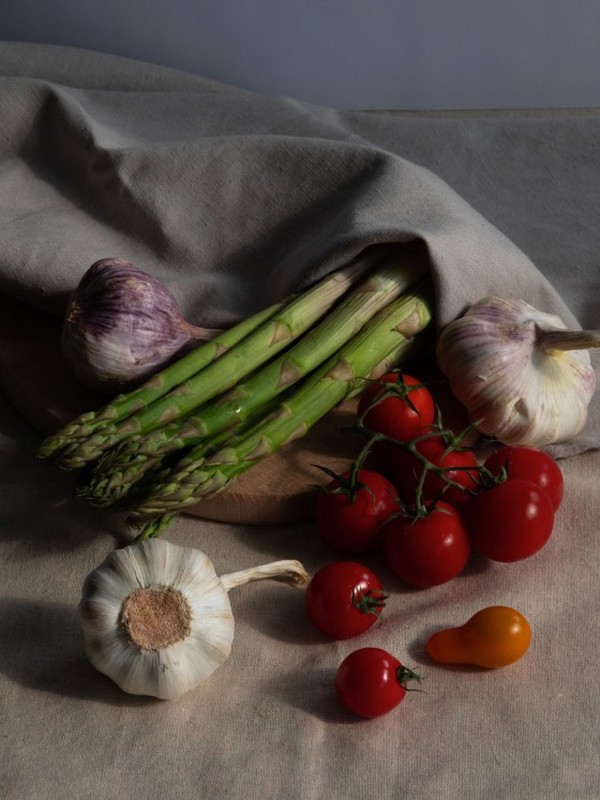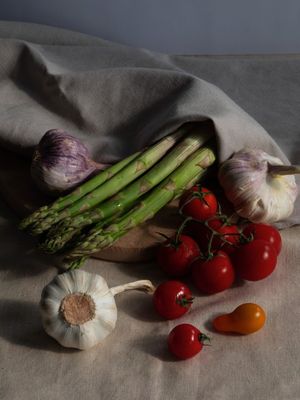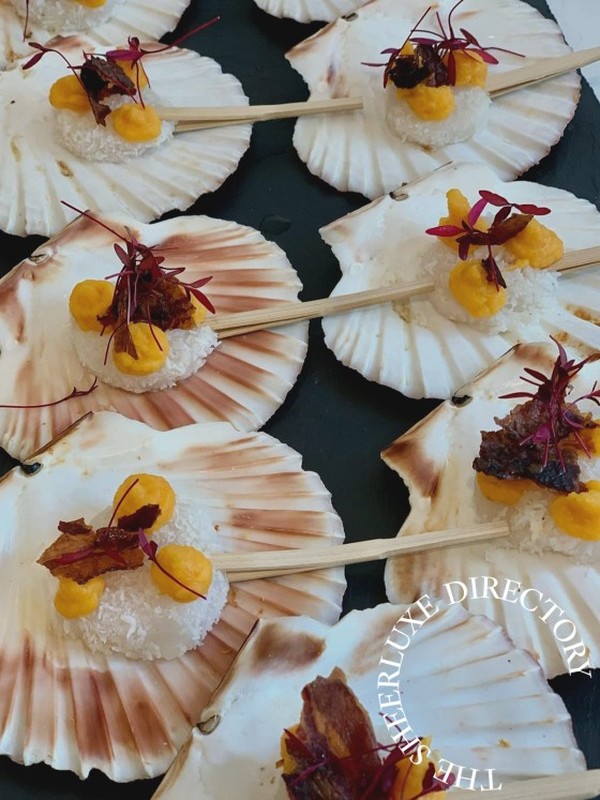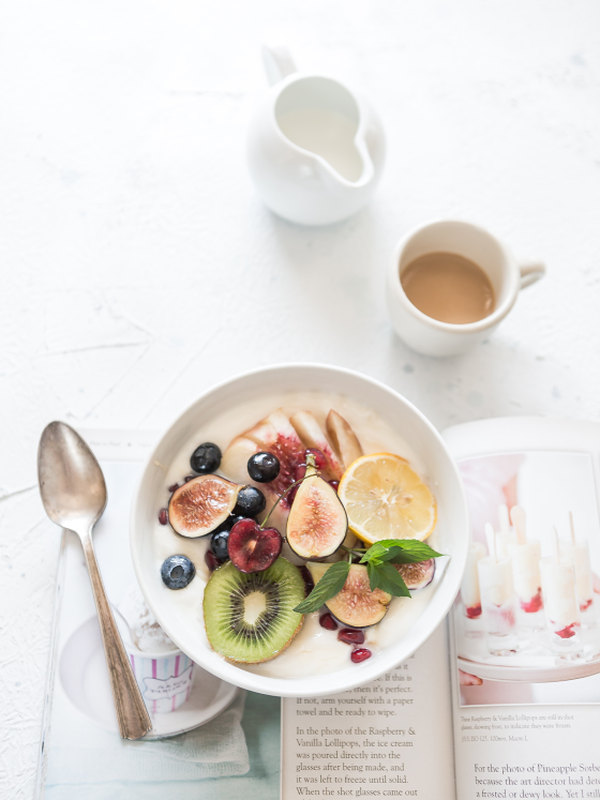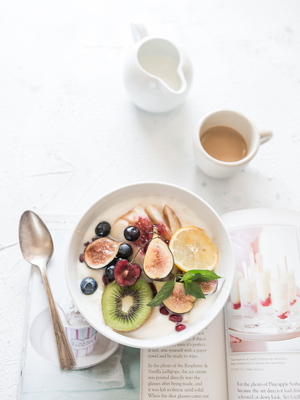How An Organ Transplant Taught Me What Life Is About
I was in my final year of university when my kidneys started to fail…
I’ve had diabetes since I was ten years old, and slowly it had damaged my kidneys. With renal failure, there aren’t any real symptoms at first – it’s not like you wake up one morning and can’t get out of bed. It just gets worse over time, and feeling sick becomes the norm. For five years after my kidneys begun failing, I kept going – graduating from uni and working in PR in London – but gradually grew more exhausted.
By 2015, it got had gotten to the point where I just couldn’t function…
I tried everything to manage my diabetes, but I couldn't slow down the deterioration. Eventually, I couldn’t walk. I couldn’t keep food down, I couldn’t concentrate, I couldn’t even read a book; I would find myself reading the same page over and over again, and I didn't know why. That’s when the doctors told me I needed to go on dialysis. I had tubes inserted into my artery and stomach three days a week for two years. It sounds quite traumatic, but it become a way of life.
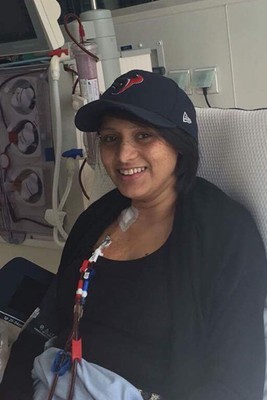
My old life as I knew it had stopped. I had to leave everything behind…
I was housebound, so had no choice but to leave my job in London and move back in with my parents in Birmingham. Going out for drinks, meeting friends and doing normal things all came to a stop. A trip to the supermarket was like a day out. I was so lucky to have a support network around me, but losing my independence and being so dependent on others was difficult – I wasn’t able to bathe myself, and some days I couldn’t get to the toilet without help. Somebody had to be with me at all times in case something happened, so I never had alone time. It felt like my life wasn’t mine anymore.
The doctors were frank with me, I needed to join the organ transplant list…
I was told I’d need a double organ transplant when I started dialysis. But it was a year before I got the first phone call – I needed both a kidney and pancreas, which made finding a match much harder as both organs needed to be from the same donor to mimimise rejection. The call can come day or night, so I kept an overnight bag ready to take to hospital with me at all times. Over the next two years, I had three calls in total.
Getting the phone call doesn’t mean you’ll get the transplant…
You can be a ‘priority’ – the best match for the organs – or a ‘back-up’, so the organs don’t go to waste if the priority has a cold or infection, or any other reason they can’t have the transplant. I had just been plugged up to the dialysis machine when the first call came. It’s a four-hour cycle, and those were the longest four hours of my life. Organ transplants can only be carried out in specialist hospitals, and my nearest was in Oxford two hours away. When I arrived, I had no idea what to expect.
After a 12-hour wait, I was told the organs weren’t able to be given to anyone…
I was so deflated. It wasn’t just disappointment for my own sake – it would have been nice to know that the priority patient had received them, but unfortunately the organs weren’t viable for transplantation, and doctors often only discover this once they’ve removed them. When you’re waiting in the hospital room, there are so many mixed emotions – on the one hand, you’re so happy at the prospect of having the transplant, but on the other, you know that someone has died, and that there’s a whole family out there who’s hurting.
When I got the final call last July, I didn’t get my hopes up…
Six months after the first call, I had another – but that time the organs went to the priority patient. So, another year later, when they phoned again, I didn’t let myself get excited. The call came at 1:30am in the morning, and we rushed back to the hospital in Oxford. This time, after another 12-hour wait, I was told I would be getting the transplant.
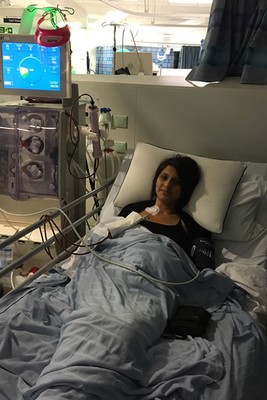
Once you’re told, you have ten minutes before you go into surgery…
The hardest thing was saying goodbye to my parents, because there was a possibility I wasn’t going to make it. Deep down, I was calm – I knew it had to happen if I was going to survive at all. Eight hours later, when I woke up in intensive care, I didn’t reel relief, just sheer exhaustion.
Some people are discharged within five days, but I was in hospital for five weeks…
I had a lot of complications following the surgery. I had an internal bleed, which put pressure on my pancreas, and the kidney wasn't working at all. I blew up like a balloon, my stomach stopped working and some of my stitches started to come out, so they had to re-open my wounds and clean me out internally. It left me in so much pain, and I had to be turned over every half an hour – which must have been a nightmare for the nurses, but they were absolutely fantastic. Every time they came in, they came in with a smile.
I never allowed myself to think the worst…
All I knew is that I needed to get through each day, one day at a time. I didn’t think about the future. Being alive then and there was good enough for me. When I finally left hospital, my recovery wasn’t over – as the chance of transplant rejection is highest in the first year, I still had to go to hospital three days a week for physio, to be monitored and have my medication adjusted.
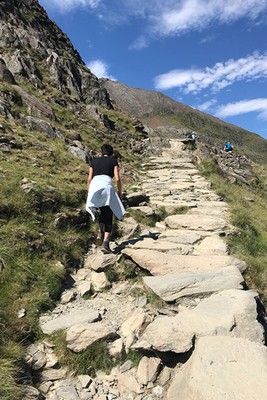
One year on, my life has changed completely…
Before my transplant, I slept for most of the day. Now, I get up at 7am and I’m wide awake – I feel alive. I’ve moved in with my partner and I’m more active than ever: I climbed Mount Snowdon in July! I want to do what I feel most passionate about, what I enjoy the most, and now is the time to do it. The same goes for my career too, which is why I’m going back to university to become a lawyer. I’m not the person I used to be: I’m stronger, and I appreciate so much more – every conversation I have, every hug, everything… it all becomes much more precious.
There’s no limit to what I can do now, and it’s all because someone made a selfless decision…
Donating your organs is the most amazing gift that you give someone when you no longer exist – to give someone else the gift of life. The new opt-out system [set to be implemented by 2020] is fantastic. If you’re someone who feels strongly about not wanting to be a donor, then you will opt out, but as for people who forgot to opt in, if that can help them save one person's life, then it will be worth it.
I’m planning on writing a letter to my donor’s family…
You’re allowed to write a letter to one another, should you both agree. Although I think it’s something you have to be emotionally ready for. My donor was a 47-year-old woman, which is so young, and I’m struggling to find the right words – thank you just isn’t enough.
If you want to be an organ donor, make sure you tell your loved ones…
Under the current laws, even if you’ve opted in to be an organ donor, your family can override the decision, so let them know it’s important to you. It’s not something we usually talk about, and it’s a difficult conversation to have, but it’s worth it. The NHS also desperately need more Asian donors – as a British Indian, I’d urge the Asian community to sign up and let their families know.
For more information on how to join the NHS Organ Donor Register, visit OrganDonation.nhs.uk
DISCLAIMER: We endeavour to always credit the correct original source of every image we use. If you think a credit may be incorrect, please contact us at info@sheerluxe.com.


